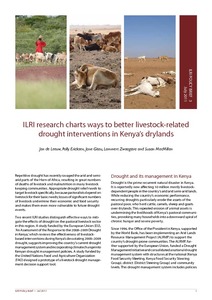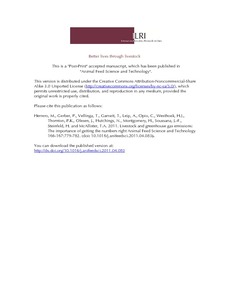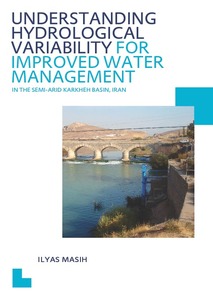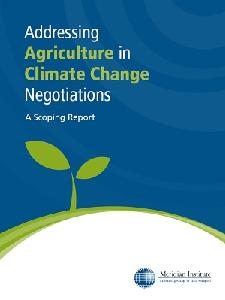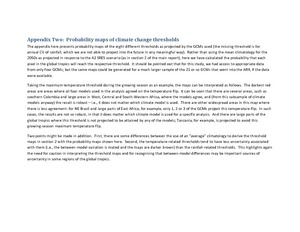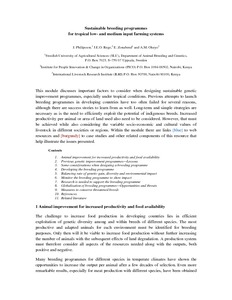Legislative Decree No.78 of 2011 establishing the General Authority for the management, development and protection of desert lands.
This Decree consisting of 17 articles aims at establishing the General Authority for the management, development and protection of the desert lands with also the membership of a representative of the General Union of the Peasants.
Livestock and greenhouse gas emissions: The importance of getting the numbers right
Estimates of global greenhouse gases (GHG) emissions attributable to livestock range from 8 to 51%. This variability creates confusion among policy makers and the public as it suggests that there is a lack of consensus among scientists with regard to the contribution of livestock to global GHG emissions.
Wildlife numbers in Kenya’s Mara region in decline
Climate variability and climate change in pastoral systems
Understanding hydrological variability for improved water management in the semi-arid Karkheh Basin, Iran
This study is carried out in semi-arid to arid Karkheh Basin of Iran, where massive water allocation planning is on the way, but a comprehensive knowledge on basin
hydrology and impact of these developments on different water uses and users across the basin are lacking.
Pastoralists’ perception of the impact of East Coast fever on cattle production under extensive management in Northern Rift Valley, Kenya
A study using participatory epidemiology (PE) methodologies was conducted in West Pokot and Baringo districts, Northern Rift Valley, Kenya to assess the status of East Coast Fever (ECF) and obtain livestock keepers’ perceptions of how the disease impacts on their livelihoods.
Socio-economic characteristics and perceptions of cattle keepers and constraints to cattle production in western Kenya
A cross-sectional survey was done in two Districts in Western Kenya to determine the socio-economic characteristics and perceptions of the cattle types kept. This involved socio-economic profiles of households, herd structure, reasons for keeping specific types of cattle and production and marketing constraints together with desired policy interventions to address the constraints.
Addressing agriculture in climate change negotiations: A scoping report
This Report was developed in the context of the “Global Dialogue on Climate Change and
Agriculture,” a project facilitated by the Meridian Institute that began in August 2010. The
Meridian Institute is an internationally recognized, nonprofit organization that facilitates
neutral and independent policy dialogues and assessments. The Global Dialogue is a program
Mapping hotspots of climate change and food insecurity in the global tropics
This study was coordinated by the CGIAR Research Program on Climate Change, Agriculture and Food Security (CCAFS) to identify areas that are food insecure and vulnerable to the impacts of future climate change, across the priority regions for the CGIAR centres. The research was undertaken by a team of scientists from the International Livestock Research Institute (ILRI).
Sustainable breeding programmes for tropical low- and medium input farming systems
Using Coupled Simulation Models to Link Pastoral Decision Making and Ecosystem Services
Historically, pastoral people were able to more freely use the services their semi-arid and arid ecosystems provide, and they adapted to changes in ways that improved their well-being. More recently, their ability to adapt has been constrained due to changes from within and from outside their communities.

